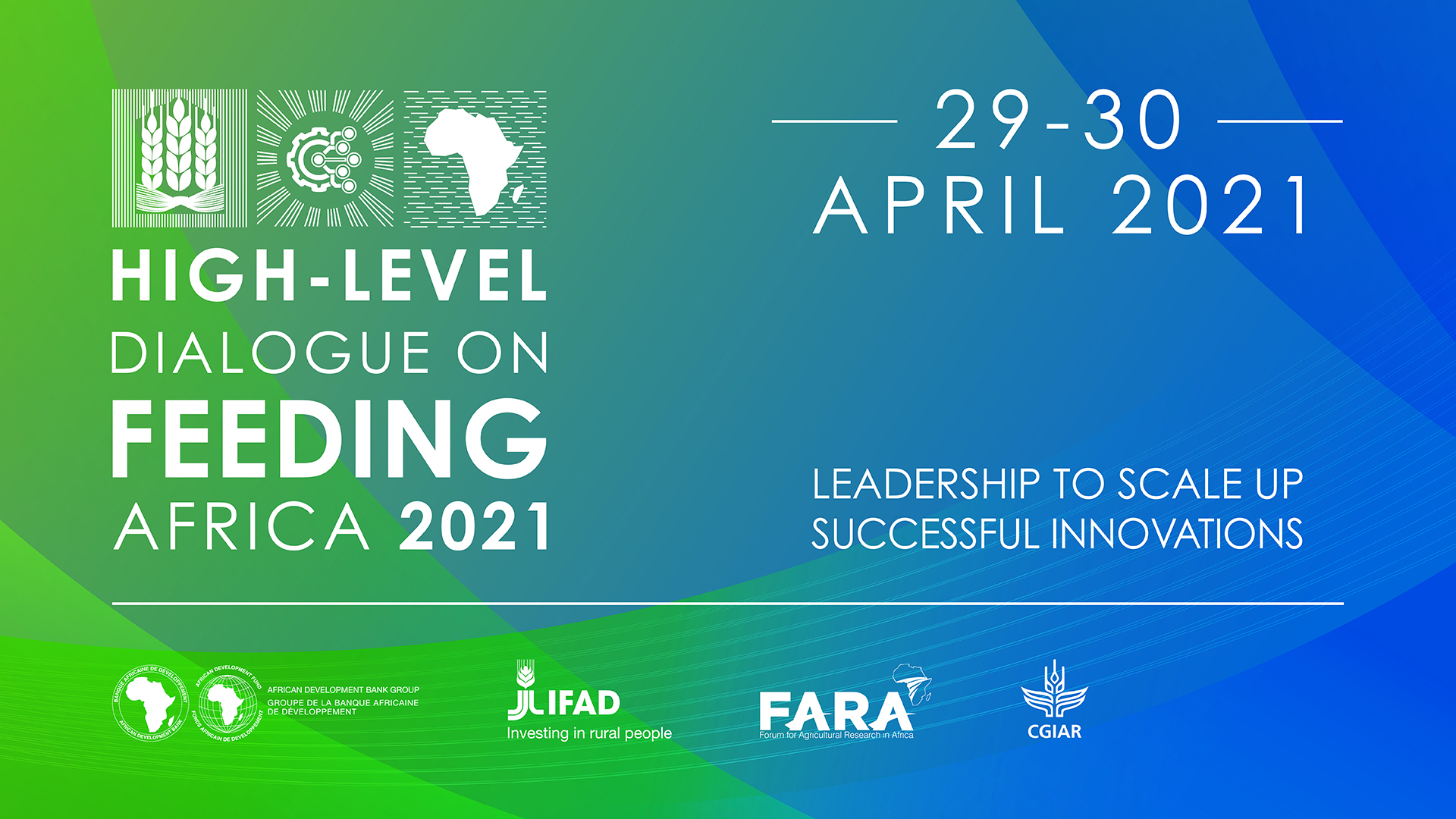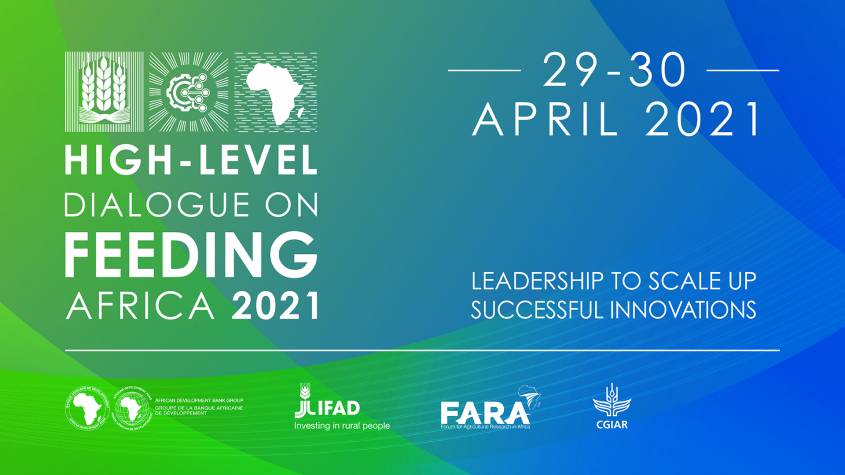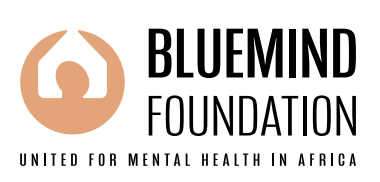Feeding Africa 2021: African heads of state proffer solutions to continent’s food insecurity
Heads of state and government of African countries Thursday proffered solutions to the continent’s high-dependence on food importation, calling for the mobilization of investments to produce the desired technology and innovation capable of transforming the continent’s fragile food systems.

The heads of state were speaking at a virtual high-level dialogue on feeding Africa, whose central theme was the necessity of leadership to scale-up agricultural innovations and research in order to boost food importation, address hunger and malnutrition on the continent. The dialogue session was convened by the African Development Bank (AfDB), the International Fund for Agricultural Development (IFAD), the Forum for Agricultural Research in Africa (FARA) and the CGIAR system.
As the coronavirus pandemic further revealed flaws in the continent’s food system, which had already been strained by the impacts of climate change and conflicts, the high-level dialogue sought to mobilize for increased investments and expand partnerships that would promote Africa’s agricultural transformation through technology and innovation.
In his remarks, President of Senegal Macky Sall, urged the continent to modernize its means of agricultural production by adopting new technologies and innovations such as climate-resilient crops. “We have to move from a traditional approach of using crude equipment to a modern and more mechanized system of production which should be supported by research, productivity, sustainability and diversification. For Africa to feed itself, it needs to take responsibility, ease access to credits, and transform our agricultural products amongst other key engagements across the agricultural food chain,” he admonished.
President Sahle-Work Zewde of Ethiopia said the Covid-19 pandemic had resulted in a setback in global food production and consequently led to inflation in prices of food in Africa, heightening acute hunger across sixteen countries. “There is no doubt that Africa needs to adopt a mechanism to address food security and hunger by harnessing new technologies and systems that will increase food production, which will at the same time provide healthy and nutritious food to the populace and thereby strengthen economies.
“As we may be aware, the Ethiopian government has launched a comprehensive economic reform program with a vision to transform the country from an agrarian low-income country to an industrialized lower middle income country by 2030. I believe that the outcome of this high level dialogue will provide meaningful inputs which will help accelerate the structural transformation to Africa’s food and nutrition systems,” she concluded.
Nana Akufo- Addo, the Ghanaian president, said Africa’s priority as it emerged out of the pandemic, should be the strengthening of its food systems which will enable growth and mitigate the effects of the pandemic. “The coronavirus pandemic has exposed vulnerabilities in our food systems, hence the need for adoption of strategies for agricultural advancement. Ghana is determined to overcome the challenges in her agricultural sector which has been worsened by the coronavirus pandemic within a short time. Our commitment is to go beyond bounds to enhance agricultural productivity in Ghana.”
President Paul Kagame of Rwanda said the effects of climate change such as irregular rainfall patterns and desertification had worsened Africa’s already fragile food system, one characterized by low productivity and trade barriers, not to mention the burdens of the Covid-19 Pandemic. He however said the African Continental Free Trade Area (AfCFTA) Agreement had come with numerous opportunities to address the trade-related challenges.
“Transforming agriculture in Africa is an urgent task. Agribusiness can be a path to prosperity for African farmers. First, we need to improve our research capacity, invest in science and technology, and strengthen partnerships to improve innovations and produce more food at affordable prices and with less environmental impacts. For too long, our continent have been importing food that we are capable of producing ourselves simply because of internal trade barriers, among other factors,” said President Kagame.
In his speech, Mokgweetsi Masisi, the president of Botswana urged African countries to adopt smart agriculture. “Smart agriculture is part of Botswana’s developmental effort, we have adopted policies and strategies to revitalize our agricultural sector and improve food production and nutrition. We have invested in research to enhance the resilience of our food systems. We are also in the process of creating a green climate country program to promote sustainable agricultural practices,” he said.
Yemi Osinbajo, the vice president of Nigeria said, as part of its post-Covid-19 recovery plans, Nigeria had prioritized investment in innovation and technologies so as to achieve a transformation of its agricultural system. “At the heart of Nigeria’s post Covid-19 recovery plan, there has been an agriculture for food and jobs plan, where we seek to leverage suitable technologies to build a resilient food system for Nigeria, especially in the light of food chain devastation caused by the coronavirus pandemic.”
While welcoming participants to the dialogue session earlier on, AfDB President Akinwumi Adeshina, said the pandemic had had a huge impact on Africa’s food security pushing millions of Africans down the poverty line. “Your Excellences, we need policies to enable agriculture scale up through research in order to add value to food production in Africa. To support that, the AfDB will invest in Africa’s agriculture so as to boost productivity. Let us form a strong partnership to develop markets for agriculture which will at the same time create decent jobs for women and youths across the African continent,” Adeshina told the heads of state.
Similarly, while giving the opening remarks, Gilbert Houngbo, the president of IFAD, said a huge gap exists in food production and delivery in Africa and stressed the need for investment in agricultural research as a means to boost food production on the continent. “Given the high level of food importation in Africa and the fact that 80% of food production come from local farmers, if research centers can be galvanized holistically, they would provide innovative systems that would result in a decrease in the level of food importation within the continent,” he explained.
Amongst others, the high-level dialogue sought to secure political commitments at the highest level of Africa’s leadership for the replication of agricultural successes from across the continent. It subsequently arrived at a shared vision for mobilizing investments to produce technology and innovation that could transform African food systems. Its communiqué will contribute to the pre-Food Systems Summit holding in Rome in July 2021, which will be followed by the United Nations Food Systems Summit later in the year.
















